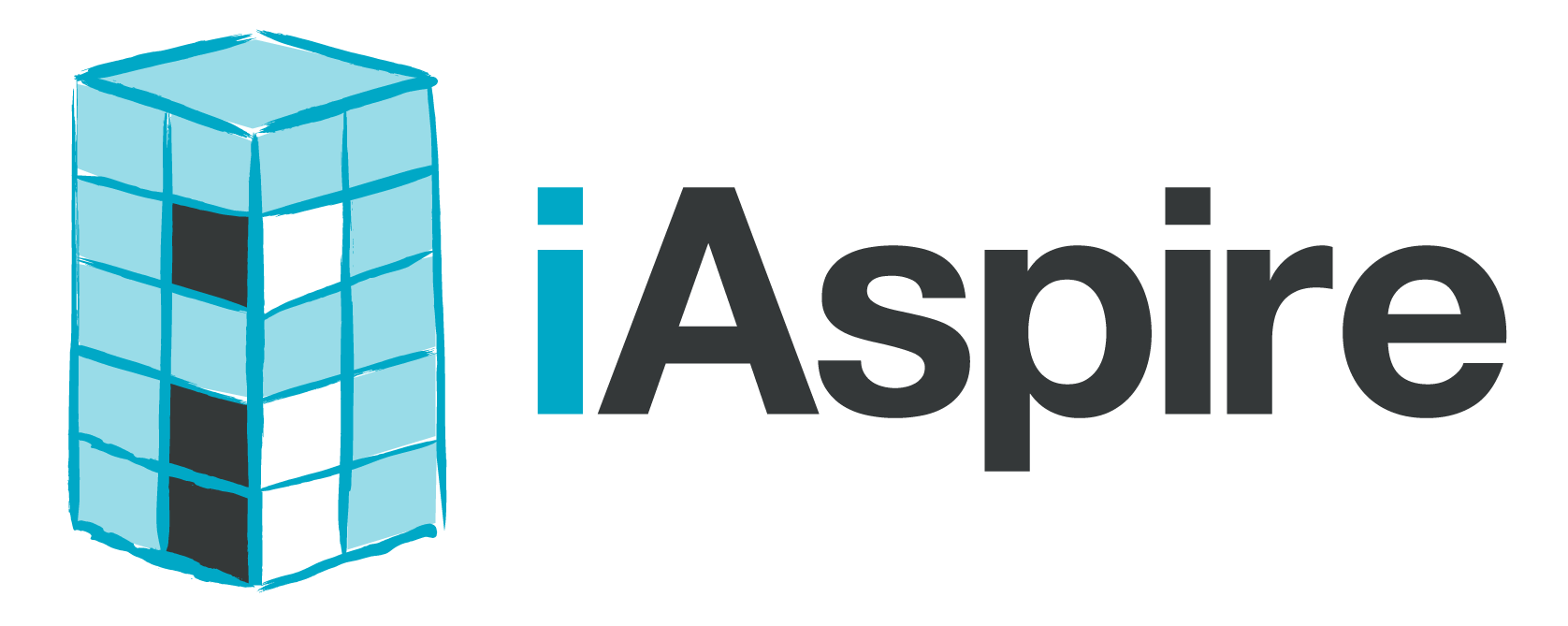5 Considerations When Observing Teachers
For many educators (both administrators and teachers), the teacher observation/evaluation process can be stressful! From a teacher's lens, somebody is coming into your classroom, the place you spend 8 hours per day plus countless extra hours, and evaluating you. This observer is looking at everything on your walls, hearing everything you and your students say, seeing all the work completed by your students, and critiquing you. There's nothing quite like being put under a microscope, huh?!
And from the evaluator's lens, he/she typically wants to get into classrooms each and everyday to give constructive feedback, sincere commendations, and better understand all that is happening related to instruction and learning. This is on top of lunchroom duty, car and busy duty, parent/community relations, student discipline, planning professional development, keeping up with best practice, building maintenance, safety and security of all, and the list goes on...
Is it even possible to balance all aspects of education in the 21st century and keep a healthy life/work balance? Maybe not, but we can sure try! One way of balancing all that is required of administrators related to observations is to keep in mind the following five considerations when completing observations.
Considerations when observing teachers
5 - Long-term goals - There are two mindsets when working with teachers: short-term and long-term goals. You (either in isolation or with your faculty) will create the long-term goals for student learning, growth, achievement, etc. Effective instruction is the key to reaching these long-term goals. Be sure your staff knows exactly where you are going as a building/district/organization. Only with this clarity can we achieve the next consideration.
4 - Short-term goals - What teachers actions are necessary to reach your identified long-term goals? Is there a particular set of teacher actions that are lacking in order for you to reach your long-term goals? If so, do your teachers know this? Keeping in mind your long-term goals, short-term goals can be created per grade level, subject area, teacher, building, or district. Perhaps this is a hypothesis that clearly articulated lesson objectives (purpose) is required for students to understand what they are doing or why. Or maybe you have found that checks for understanding need to be improved so that your teachers can better modify instruction in real-time. Short-term goals should align and push you to your long-term goals and be based on evidence collected during your observations and the various assessments given in your building.
3 - The Platinum Rule - Each teacher has a unique set of needs and preferred way of communicating. While it might seem impossible, administrators need to understand the best way to communicate to each teacher. We've all heard of the Golden Rule "Do unto others as you would have them do unto you". The only problem with this is I respond to things differently than you do. Instead, think of the platinum rule "Treat others the way they want to be treated." (from Dr. Tony Allesandra). I was the type of administrator that used questions to guide teacher improvement. However, there were times when the teacher I was talking to would rather just have it straight. Consider the recipient of your message and how he/she would best receive your message.
2 - Collaborative Conversations - While leaving a post-it note or sending an email after an observation is important (critical some would say), try to find time to schedule time to meet with your staff soon after an observation/walkthrough. This is especially true of longer observations. Immediate feedback sent to the teacher shouldn't replace real face-to-face conversations with your teachers. These conversations will help you better understand consideration #1
1 - Your observation is but a snapshot - The time you spend in the classroom observing is just a snapshot, a window into the classroom. There is always much more to the story of instruction than your short time in the classroom. When meeting with a teacher, or sending feedback through your favorite app/software, be sure to ask questions to better understand what you saw. For example, why did the teacher choose to teach today's lesson, and where does it fit into your short-term and long-term goals?
What do you consider when completing teacher observations?
Eric Bransteter
